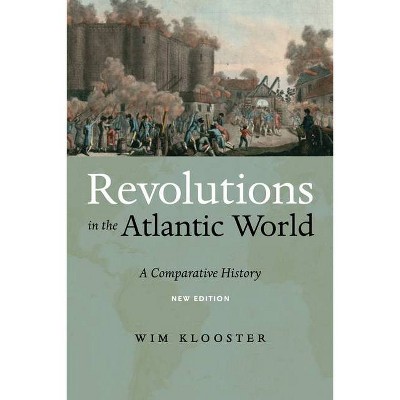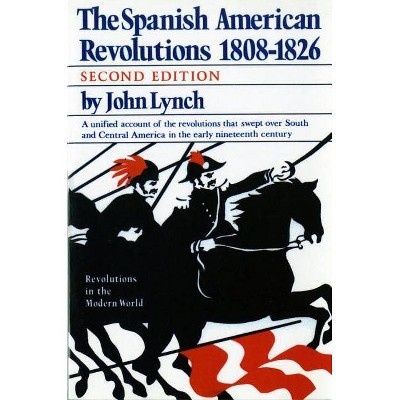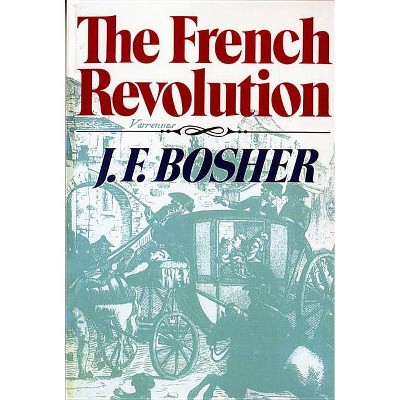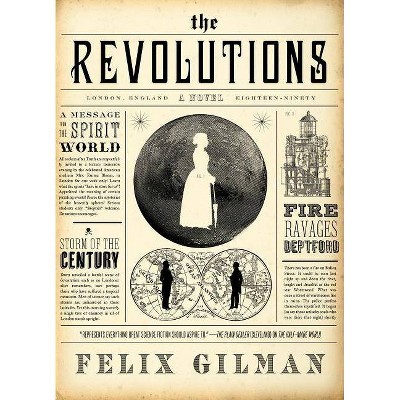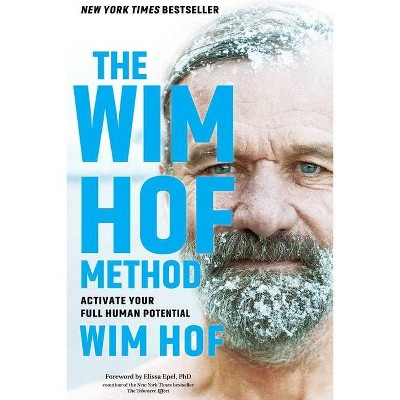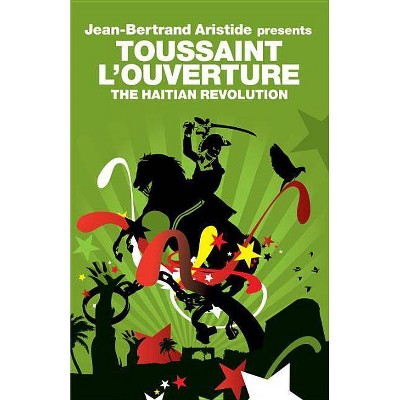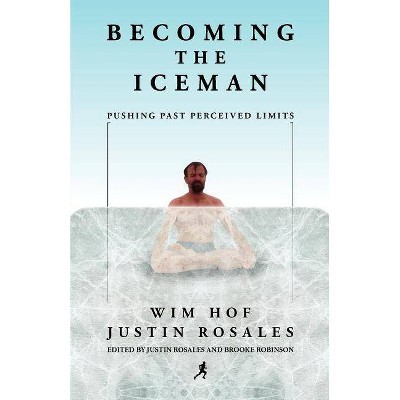Revolutions in the Atlantic World - by Wim Klooster (Paperback)
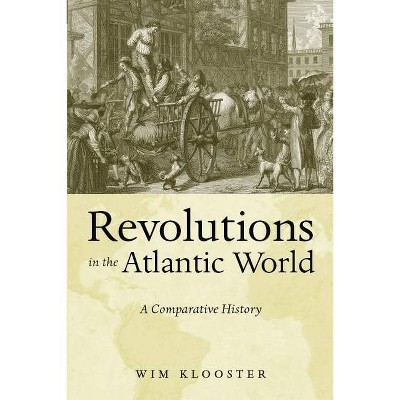
Similar Products
Products of same category from the store
AllProduct info
<p/><br></br><p><b> Book Synopsis </b></p></br></br><p>In the late eighteenth and early-nineteenth centuries, revolutions transformed the British, French, and Spanish Atlantic worlds. During this time, colonial and indigenous people rioted and rebelled against their occupiers in violent pursuit of political liberty and economic opportunity, challenging time-honored social and political structures on both sides of the Atlantic. As a result, mainland America separated from British and Spanish rule, the French monarchy toppled, and the world's wealthiest colony was emancipated. In the new sovereign states, legal equality was introduced, republicanism embraced, and the people began to question the legitimacy of slavery.<br><b>Revolutions in the Atlantic World</b> wields a comparative lens to reveal several central themes in the field of Atlantic history, from the concept of European empire and the murky position it occupied between the Old and New Worlds to slavery and diasporas. How was the stability of the old regimes undermined? Which mechanisms of successful popular mobilization can be observed? What roles did blacks and Indians play? Drawing on both primary documents and extant secondary literature to answer these questions, Wim Klooster portrays the revolutions as parallel and connected uprisings.</p><p/><br></br><p><b> Review Quotes </b></p></br></br><br>"Based on extraordinarily wide reading, it has the makings of a winner in a burgeoning sector of the undergraduate textbook market... Wim Klooster has produced a survey of unique breadth and admirable concision that is full of insight and interesting detail. Its most impressive feature is the multilingual bibliography cited in endnotes, which is remarkably rich and wide ranging and combines extensive coverage of recent scholarship with some obscure older items. The writing is compact and flows well.-- "Hispanic American Historical Review"<br><br>"Klooster (Clark Univ.) compares for the first time four major revolutions of the Atlantic World: the American, French, Haitian, and Spanish... Although Klooster offers some fresh perspectives, his treatment is a synthesis of other interpretations crafted though a successful chronological weaving of a narrative that tells a familiar story.-- "CHOICE"<br><br>"The organization of this work and its overall presentation are models of clarity. After a brief introduction, Klooster takes the reader through four chapters (one each on the four revolutions) and then ends with a succinct comparative conclusion. The work is very readable, and Klooster is to be commended for distilling some very complex series of events into a readable synopsis that is both engaging and easy to follow... Klooster's synthesis is no small achievement; he is to be congratulated for an important and sweeping new contribution to the history of the Atlantic World.-- "Enterprise and Society"<br><br>"The research necessary to chronicle all four revolutions is intimidating, but Klooster has done a herculean job, with impressive reading in multiple languages. He integrates economic, social, political, and military history and incorporates marginalized groups such as women and blacks (the American Revolution chapter also discusses the fates of Native Americans). Each chapter offers lively writing and is a model of clarity, providing helpful background on the prerevolutionary decades as well as on each revolution's development and legacy... Klooster's book is a very worthy achievement. It adds much to the growing literature on Atlantic revolutions and will be invaluable for teachers of the American Revolution who wish to add a comparative dimension to their courses.-- "The Journal of American History"<br><br>Klooster has accepted a daunting challenge: writing an updated monograph on what we now consider the four main Atlantic revolutions--the American, French, Haitian, and Spanish American....The research necessary to chronicle all four revolutions is intimidating, and Klooster has done a Herculean job, with impressive reading in multiple languages....It adds much to the growing literature on Atlantic revolutions and will be invaluable for teachers of the American Revolution who wish to add a comparative dimension to their courses.-- "Journal of American History"<br><br>Klooster has written a concise, original, and long overdue synthesis of a turbulent and transformative period in the history of the modern world. Klooster emphasizes the unexpected, uncertain, and unforeseen paths to revolution, and integrates the experiences of different populationsloyalist and rebel, slave and free, women and men, European, African, colonial, and Native American. Grounded in extensive reading in multiple languages, <b>Revolutions in the Atlantic World</b> will stand as the definitive work on the subject for years to come.--Alison Games, author of The Web of Empire: English Cosmopolitans in an Age of Expansion, 1560-1660<br><br>This highly readable and well-argued book at last brings together all of the Atlantic RevolutionsNorth American, Caribbean, French, and Latin Americanto tell a story at once sweeping and succinct about the transformations of the period.--Laurent Dubois, author of Avengers of the New World<br><br>This is a balanced, well conceived, and accessible book. Wim Klooster has done a masterful job sorting out the chaotic and kaleidoscopic tumble of events that identify the half-century ending in the mid-1820s as the 'Age of Revolution.'--Thomas M. Truxes "Common-Place"<br>
Price History
Price Archive shows prices from various stores, lets you see history and find the cheapest. There is no actual sale on the website. For all support, inquiry and suggestion messagescommunication@pricearchive.us
